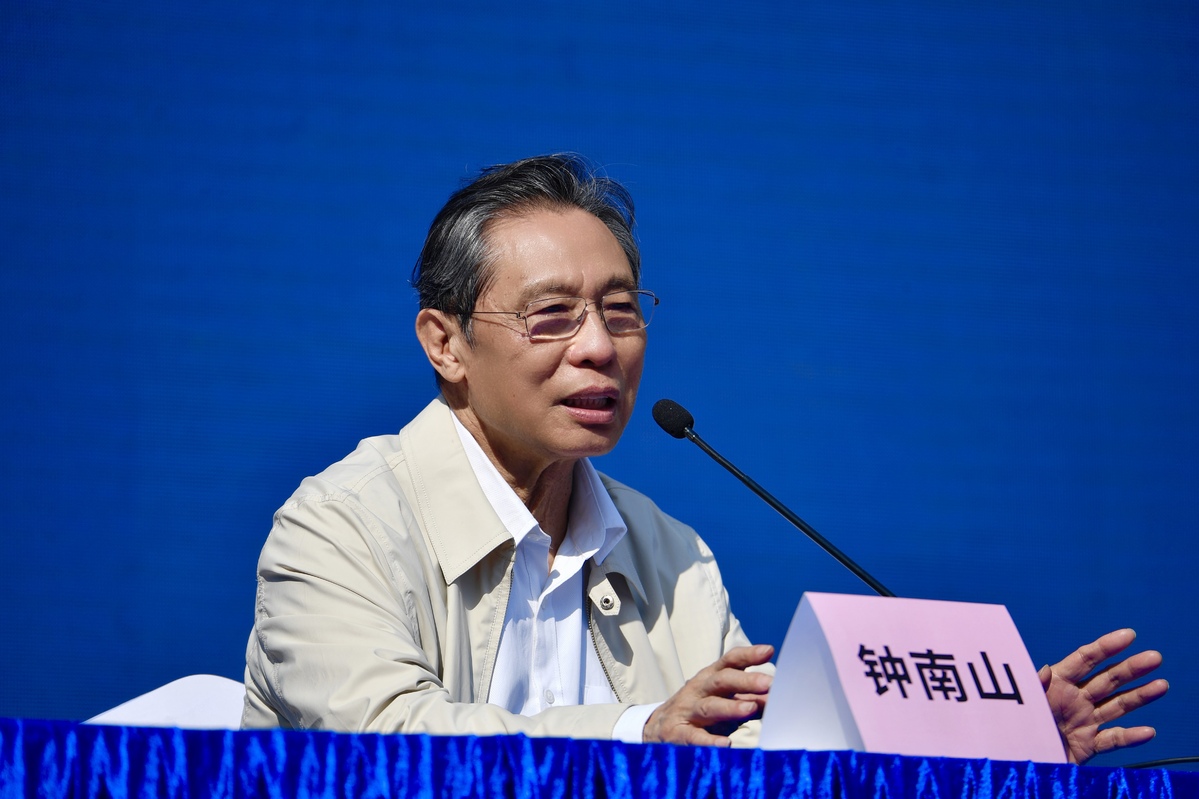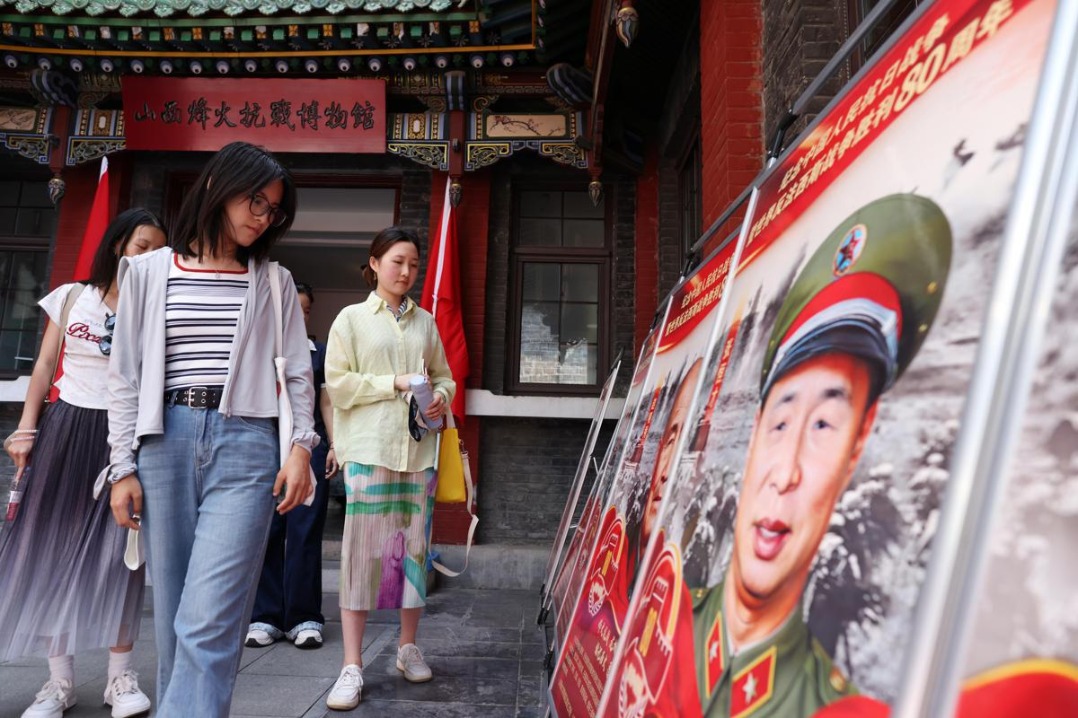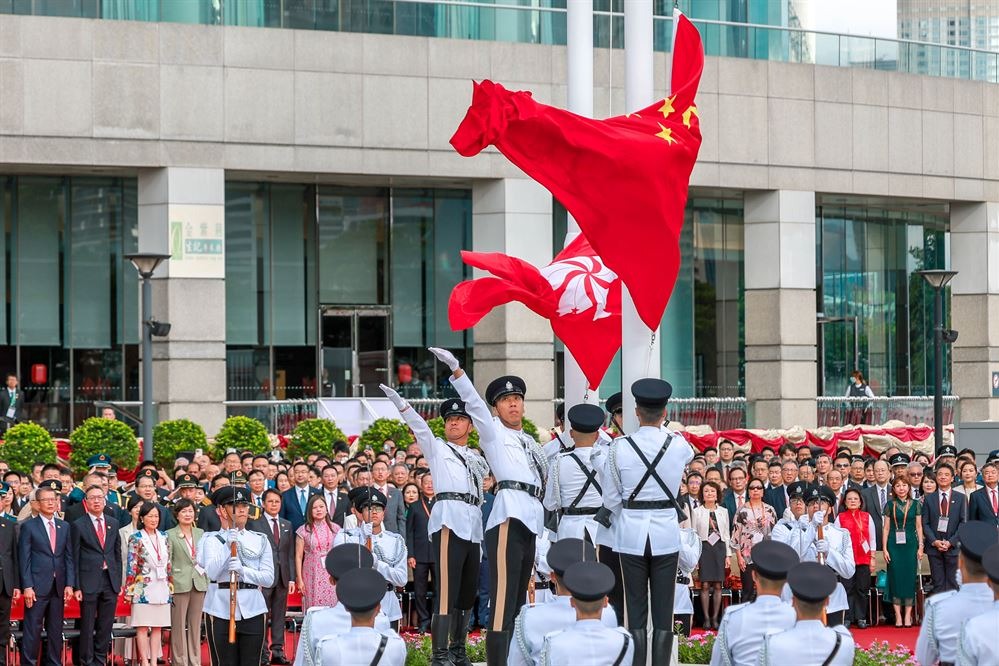Medical experts urge cooperation on fighting virus


China plans to inoculate 40% of population by June
China plans to vaccinate 40 percent of its population by June, with vaccine capacity reaching 2.1 billion doses by the end of 2021, Chinese medical experts told their American colleagues at a virtual forum where they all underscored the need for the two countries to cooperate in fighting the pandemic.
By Sunday, China had administered 52.52 million doses of COVID-19 vaccines, inoculating 3.56 percent of the population. That ratio is expected to rise to 40 percent by the end of June, Zhong Nanshan, head of a high-level expert group of China's National Health Commission, said on Monday.
The mutating COVID-19 virus will decrease the effectiveness of vaccination and also decrease the effectiveness of antibody treatments, according to Zhong.
"The key point is for the world to receive vaccines as soon as possible; the longer you receive vaccines, the more mutation of the virus," Zhong said at the forum hosted by the Brookings Institution and Tsinghua University.
This will make it all the more important for the world to speed up vaccine production and prepare some new types of vaccines sensitive to the variants of the virus, an effort that calls for China and the US to cooperate, according to the renowned respiratory expert.
The current vaccination pace is "really low" in China because the outbreak control is "so good in China in the early stage", noted Zhang Wenhong, director of the Department of Infectious Disease at the Huashan Hospital of Fudan University.
But China's vaccine-production capacity warrants no concern, as the country is well able to produce 2.1 billion doses by the end of 2021, according to Zhang.
However, global vaccination is currently highly unbalanced, as full vaccine coverage can be achieved only in the United States, Europe and a few other countries such as China and Russia, he said at the forum.
Zhang said that historically, a global epidemic has required a global collaboration that transcends politics, and that China and the US as major vaccine producers in the world have the responsibility to implement their own vaccination strategies and also help the mass immunization in the rest of the world.
"We should not just take into account the vaccination by ourselves; we should have taken into account the vaccination of less developed countries," he said.
John Allen, president of Brookings Institution, said the US and China have a long history of "constructive and productive collaboration" to combat diseases from SARS in 2003 to H1N1 in 2009 to Ebola in 2015.
"If China and the United States joined forces to fight COVID-19, the world will have a better chance to emerge from the pandemic stronger," he said. "But if these two great countries fail to take action together, the world will in turn become weaker and more divided."
Thomas Frieden, former director of the US Centers for Disease Control and Prevention, also said vaccine nationalism will backfire, and only global collaboration against the virus can lead the global recovery.
"We're all in this together. The only enemy here is a virus, and the more we are united, the more effectively we will be able to fight that virus," Frieden said. "This is the world's moment to work together, and the US and China have a unique role to play."
As the peak of the pandemic has passed, the future direction of the epidemic will depend on a combination of three factors: public health measures, vaccination coverage and how enduring is the protection provided by vaccines, according to Wu Zunyou, chief epidemiologist of the Chinese Center for Disease Control and Prevention.
Gao Fu, director of the Chinese CDC, said he expected an "approximate normal" by next summer. Gao called for the US and China to work together to boost the COVID-19 Vaccine Global Access (COVAX) initiative and promote vaccine equity.
Xue Lan, a nonresident senior fellow of foreign policy at the Brookings' John L. Thornton China Center, also said there's an urgent need for the global community, particularly for the US and China to join forces to stop the pandemic.
"With addressing COVID-19 the top priority for leaders in both Washington and Beijing, it is a critical time for collaboration," Xue said at the forum.
- 2,000-year-old steel acupuncture needles unearthed in Jiangxi
- New carbon neutrality initiative launched in Beijing
- Three killed in downtown Guangzhou traffic accident
- How does the eight-point code profoundly change China?
- Xizang's first guide dog helps his owner break barriers
- AI revives 80 war veterans at memorial hall in Taiyuan





































